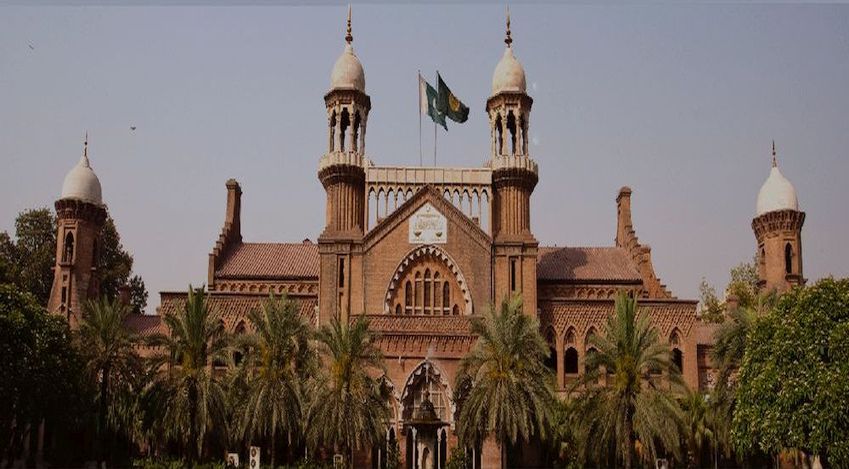Unsigned Pleadings are a Technical error, not an Illegality and such Curable Defects should not prevent Substantive Justice --- Lahore High Court, Lahore
Islamabad 05-11-2024: In a significant ruling on procedural requirements, the Lahore High Court, Bahawalpur Bench, allowed the National Highway Authority (NHA) to rectify an unsigned written statement in a case involving property claims. This judgment reinforces the principle that procedural technicalities should not hinder substantive justice when a curable defect, such as a missing signature, can be remedied without prejudicing the opposing party.
The case, [RFA No. 44 of 2023/BWP], revolved around an unsigned written statement submitted by the NHA, which had been inadvertently left without a signature. Represented by counsel, the NHA argued that under Order VI Rule 14 of the Code of Civil Procedure (CPC), pleadings can be signed by an authorized representative if the primary party is unable to sign. The NHA requested permission to sign the document after its initial submission, citing the rule’s flexibility in such cases.
The respondents contested this request, filing a reply under Section 151 of the CPC and arguing that the Court should not allow rectification of the pleading post-trial. However, the bench, comprising Mr. Justice Muhammad Sajid Mehmood Sethi and Mr. Justice Muzamil Akhtar Shabir, emphasized the importance of substance over form.
In its ruling, the Court referred to precedents from the Supreme Court of Pakistan Ismail and another Vs. Mst. Razia Begum (1981 SCMR 687) and Messrs Liberty Car Parking (Pvt.) Ltd Vs. Commissioner Inland Revenue (2021 SCMR 375) which support curing technical defects like unsigned pleadings. These cases assert that such procedural irregularities should not override the merits of a case or obstruct justice, especially when no harm is caused to the opposing side.
The Court also clarified that institutional parties, such as the NHA, may have their pleadings signed by an authorized officer, as long as it reflects the entity’s intent. Mr. Justice Muhammad Sajid Mehmood Sethi noted that procedural rules should facilitate, not frustrate, access to justice.
In conclusion, the Court allowed the NHA to sign the statement in the office of the Deputy Registrar (Judicial) and corrected an administrative error in the numbering of the respondents’ reply. The ruling highlights the judiciary’s commitment to ensuring fair process by allowing curable errors to be addressed in favor of substantive justice, setting a significant precedent for procedural flexibility in Pakistan’s Civil Courts.
Powered by Froala Editor








